On a newly released episode of the web series Mavericks with Mav Carter, Tyler, the Creator managed to stir up controversy from every corner of the rap internet. In a clip that’s circulated online all week, he tells host Maverick Carter that “There’s so many niggas out right now that aren’t musicians that are getting treated like musicians because they make meme records — publicly will be like, ‘I don’t give a fuck about music. I just do this shit for money.’”
The designation of “meme” records caught the ire of some who claimed many of Odd Future’s early releases could be considered meme records and others who saw the comments as proof that Tyler, who turned 33 this year, is becoming out of touch. In the same interview, Tyler went on to comment about a white rapper he’s been seeing online who he believed was doing a pastiche of Atlanta rap icons like Gucci Mane and Future. Many online have come to think Tyler was referring to Ian, the viral rapper with cosigns from the likes of Lil Yachty, whose appeal relies heavily on the dissonance between his look and sound.
Both of Tyler’s comments seemed to coalesce online as a rebuke of the current generation of rap musicians. Bu Thiam, Ian’s manager and the EVP of Columbia Records, posted a response to Tyler’s comments in a since-deleted Instagram Stories post last night: “i signed Ian & im from Atlanta. He sounds nothing like Gucci or future lol. It’s called influence,” he wrote. “But i never though I’d see the day where you become old & hate on the youth lol.” It’s a frustrating defense and one that’s regularly deployed in this generation’s rap discourse (never mind that Bu, an industry veteran, is roughly a decade older than Tyler). Nobody wants to be called “old” and thus people refuse to engage critically with anything shiny and new, instead chalking it up to the amorphous and apparently unimpeachable notion of youth culture.
Except, citing the whims of young people is almost always a red herring. “The idea that youth culture is culture created by youth is a myth. Youth culture is manufactured by people who are no longer young,” The New Yorker’s Louis Menand wrote in 2019, referring to his own generation of Baby Boomers. “When you are actually a young person, you can only consume what’s out there. It often becomes ‘your culture,’ but not because you made it.”
The distribution pathways that dominate the way today’s young people experience music — mediated by multibillion-dollar tech companies helmed, by and large, by old white men — are not a representation of the values of the younger generation, but rather the conditions they’re forced to operate within. Ian, or any viral superstar of this moment, is less a symbol of what moves young people and more a product of what works in an economic system that young people have no control over. The moment we’re living in could be described as one of “context collapse,” the flattening of multiple audiences into a single context. The endless “For You” feed, consuming any fleshy reality of modern culture and spitting back the bland, inoffensive background noise an entire generation has been conditioned to see as art.
Last month, shares of UMG fell 30 percent after the company announced a slowdown in streaming growth, marking the end of an era of what seemed like limitless expansion in the space. Thanks to deals made with tech giants like Spotify, YouTube, and Apple, much of the music industry’s success over the past decade has been tied to Silicon Valley. Now, avenues like A.I. and licensing artists’ catalogs for use on social platforms have brought the music industry even closer to the tech world, transforming its central product from a cultural concern to a technological one. In other words: Meme music.
None of this is surprising. By now, it’s no secret that viral success has become an essential part of any new musician’s marketing strategy. The flaw here, as Tyler rightly points out, is thinking that this has anything to do with music or artistry. And more often than not, those trying to sell the increasingly soulless music that proliferates on social platforms as part of this generation’s culture are members of the old guard who stand to profit off of them regardless.
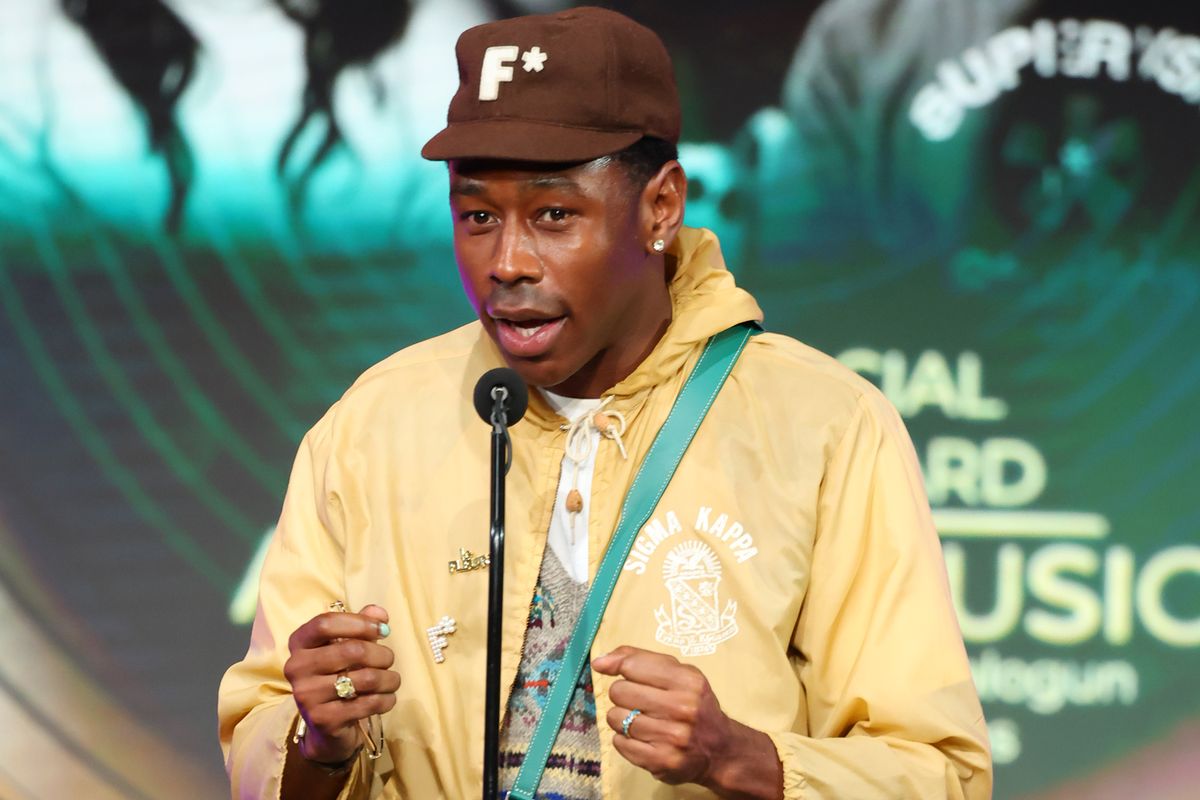





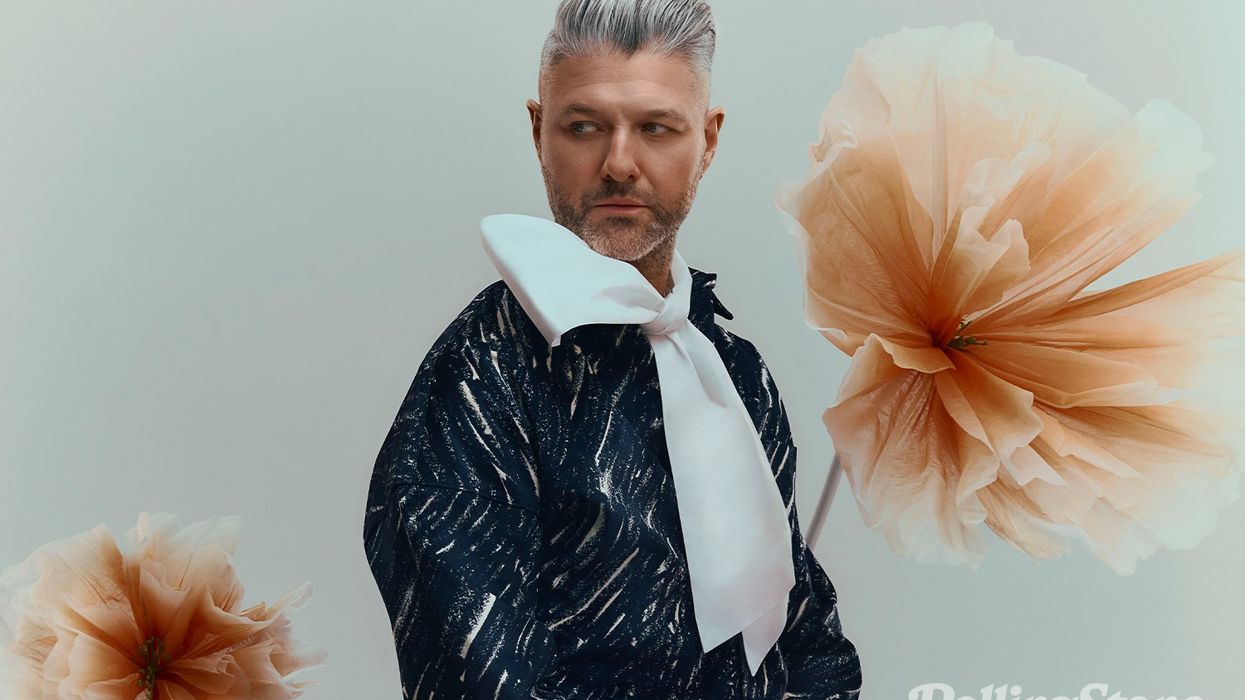
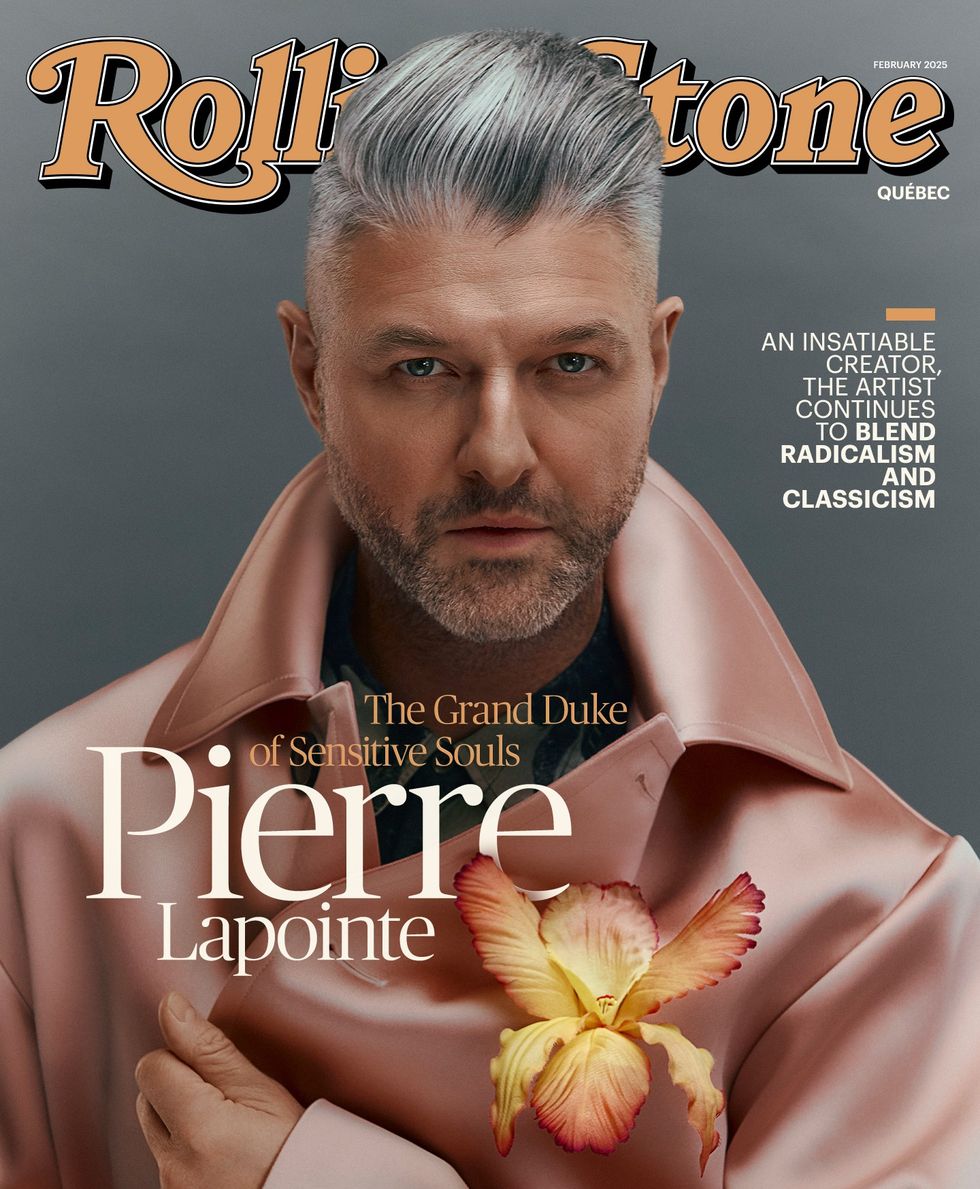 Coat (polyester and wool), shirt (silk), Dries Van Noten, SSENSE.com / Flower (silk), M&S Schmalberg
Coat (polyester and wool), shirt (silk), Dries Van Noten, SSENSE.com / Flower (silk), M&S Schmalberg
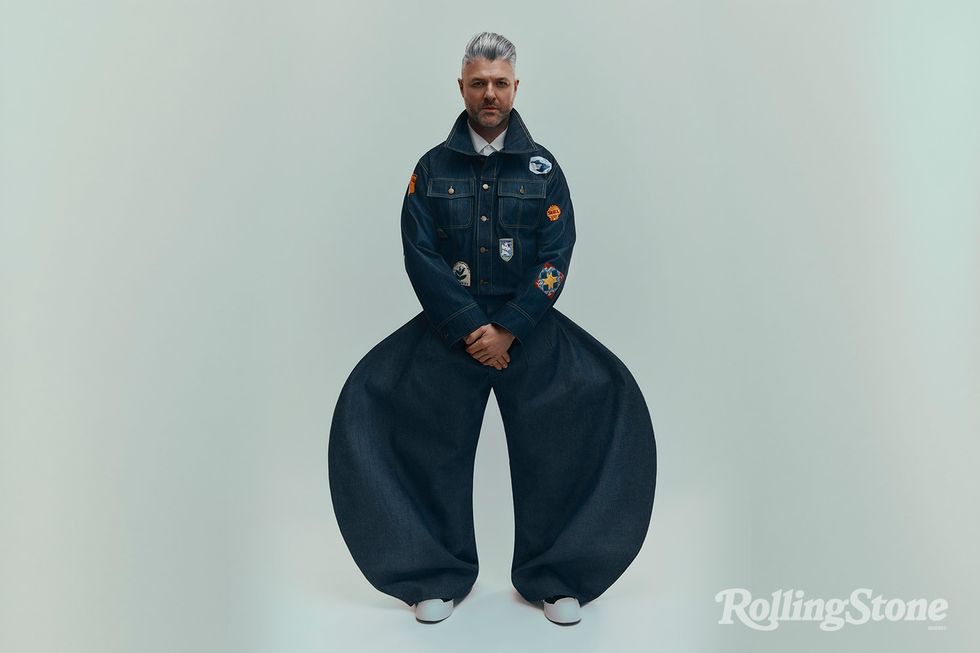 Blouson (denim and hand embroidered patches), WJ Crosson / Shit (polyester), Homme plissé Issey Miyake, Holt Renfrew/Pants from personal collection/ Shoes(canvas), Marni
Blouson (denim and hand embroidered patches), WJ Crosson / Shit (polyester), Homme plissé Issey Miyake, Holt Renfrew/Pants from personal collection/ Shoes(canvas), Marni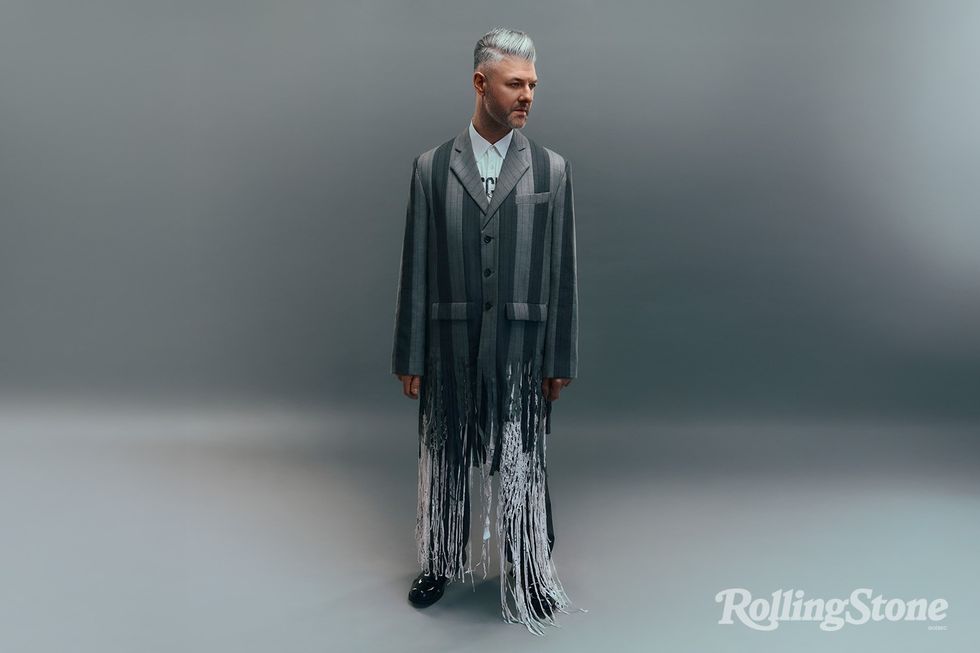 Jacket and pants (virgin wool), shirt (acrylic coated cotton), Moschino / Shoes from Pierre Lapointe's personal collection
Jacket and pants (virgin wool), shirt (acrylic coated cotton), Moschino / Shoes from Pierre Lapointe's personal collection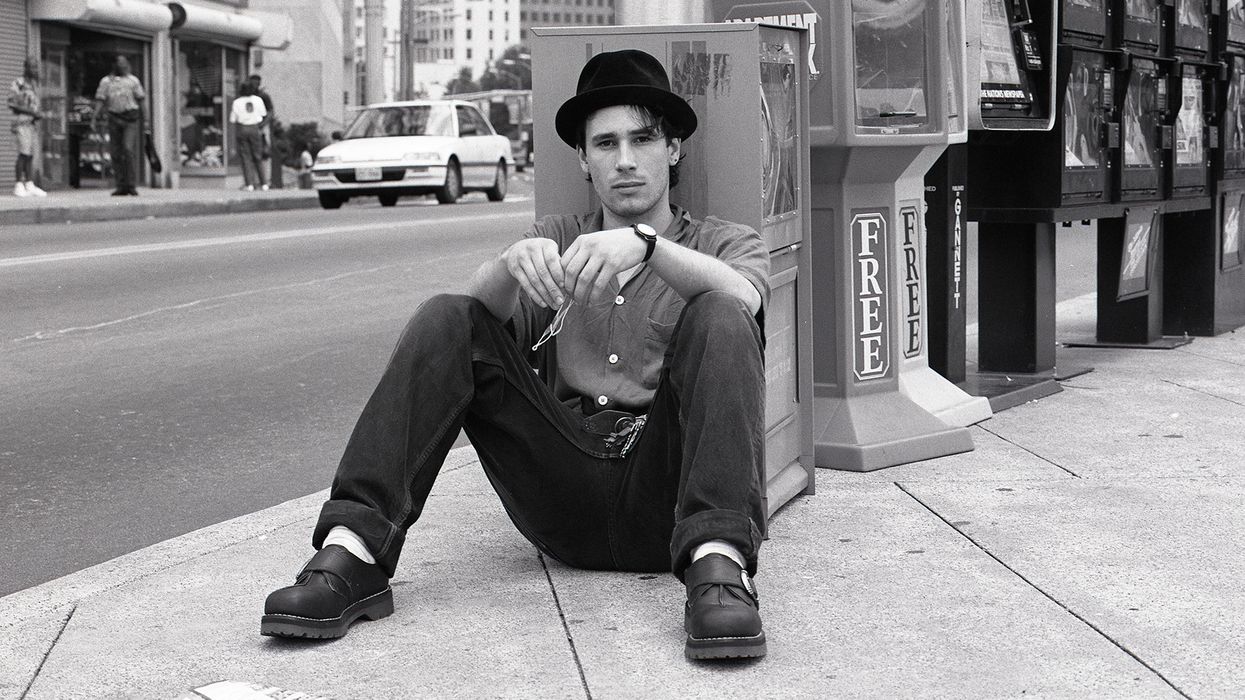
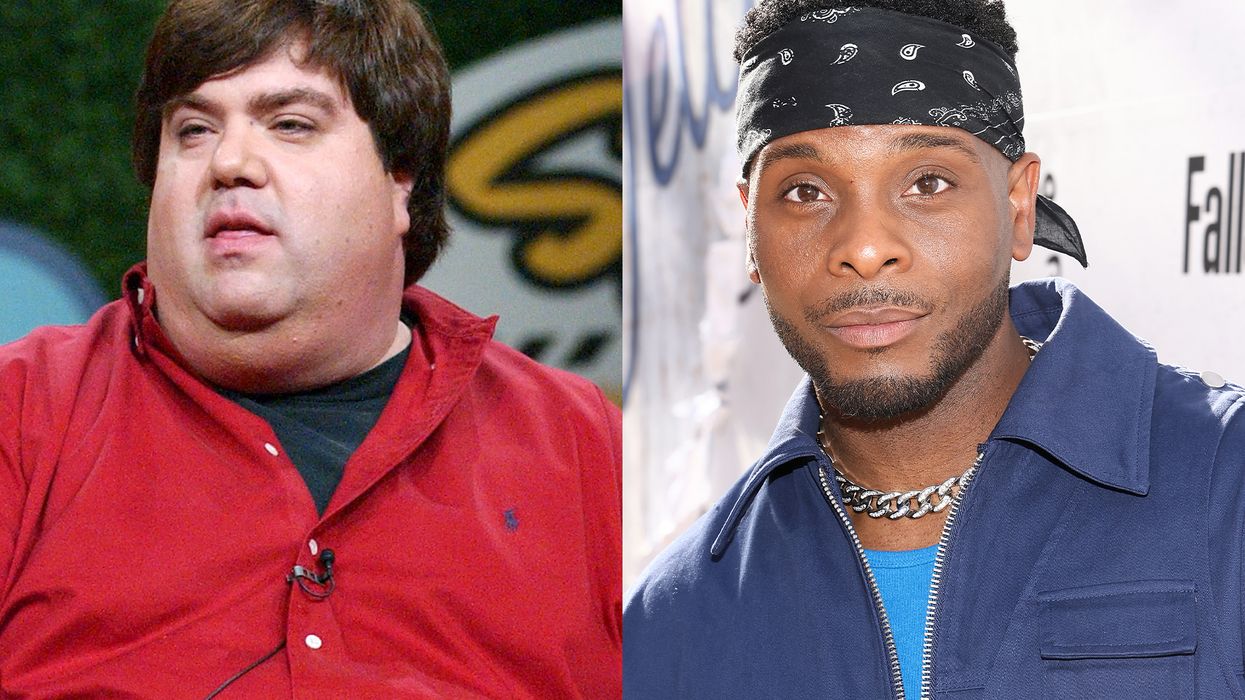
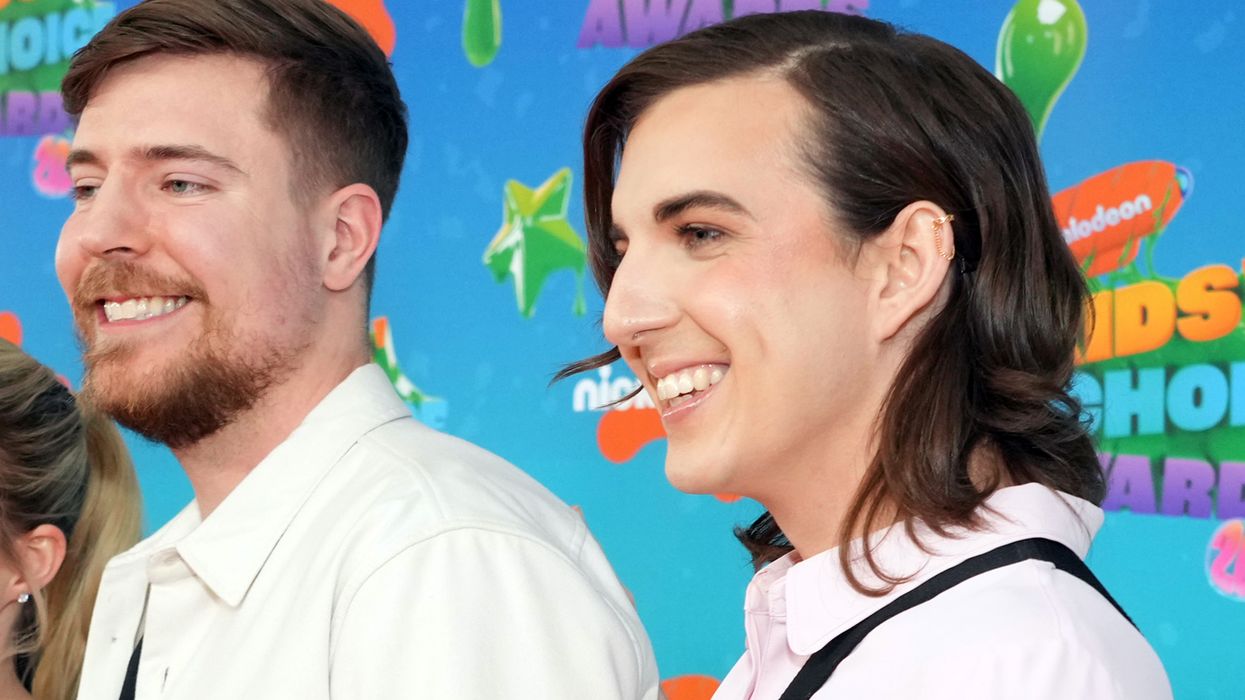

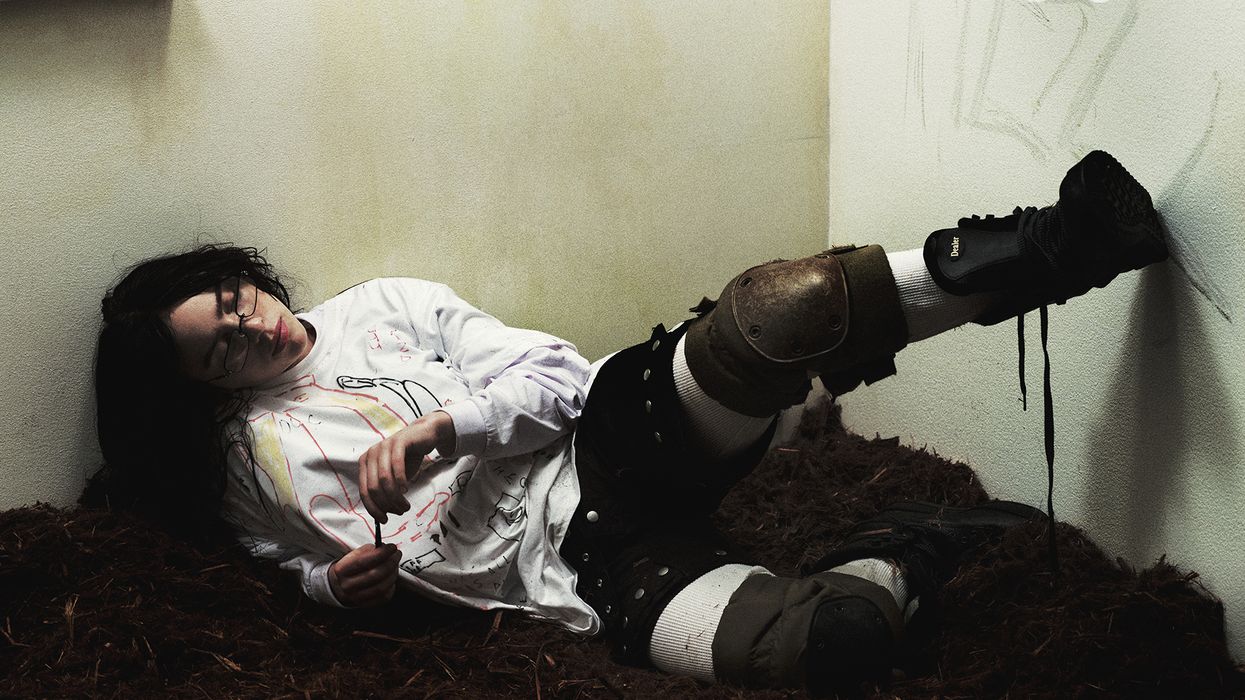

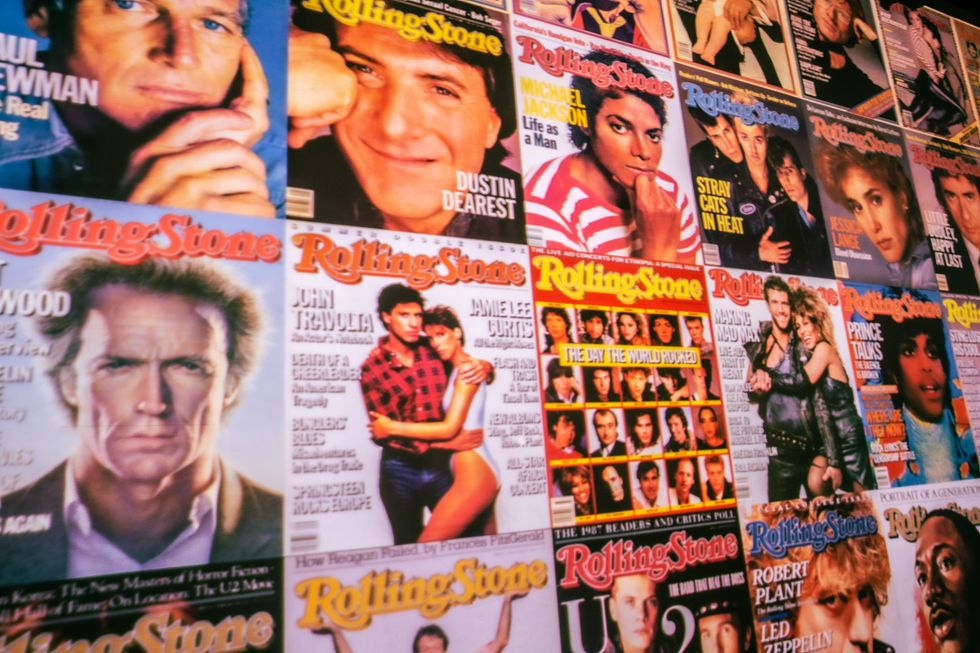
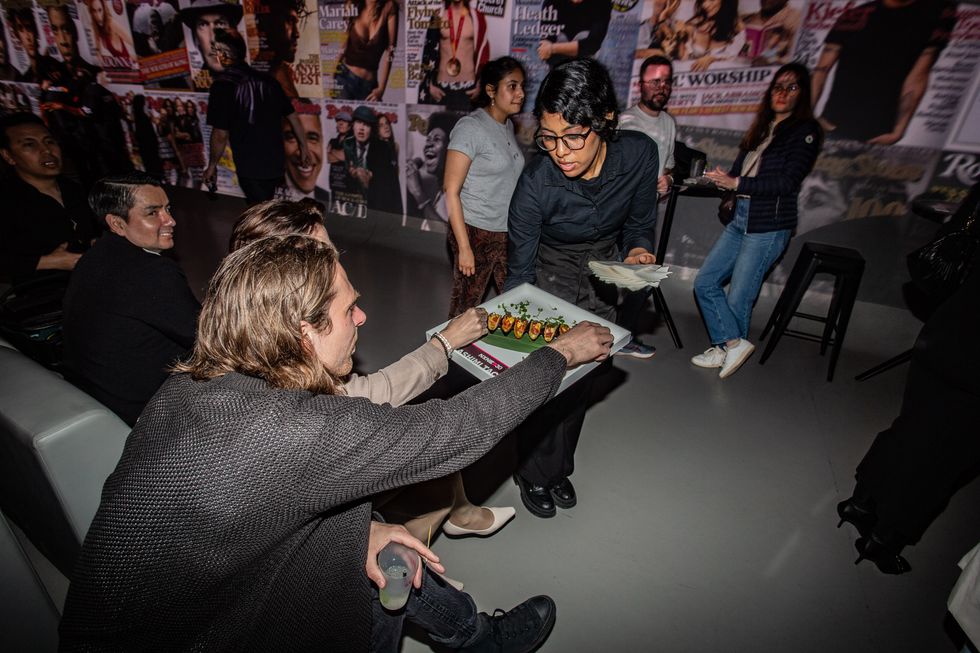 Catering Presented By The Food DudesPhoto by Snapdrg0n
Catering Presented By The Food DudesPhoto by Snapdrg0n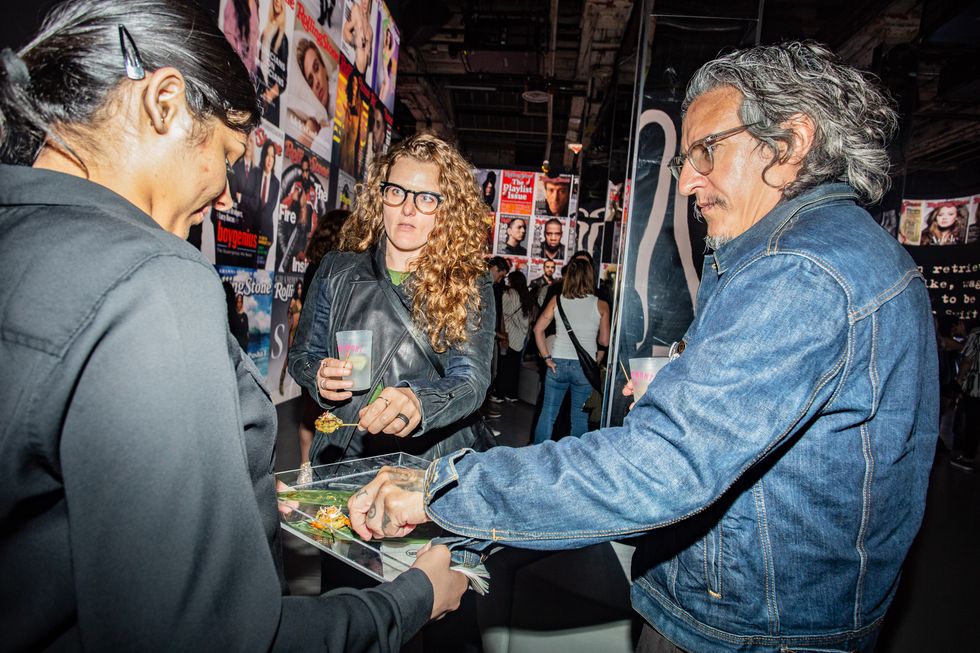 Catering Presented By The Food DudesPhoto by Snapdrg0n
Catering Presented By The Food DudesPhoto by Snapdrg0n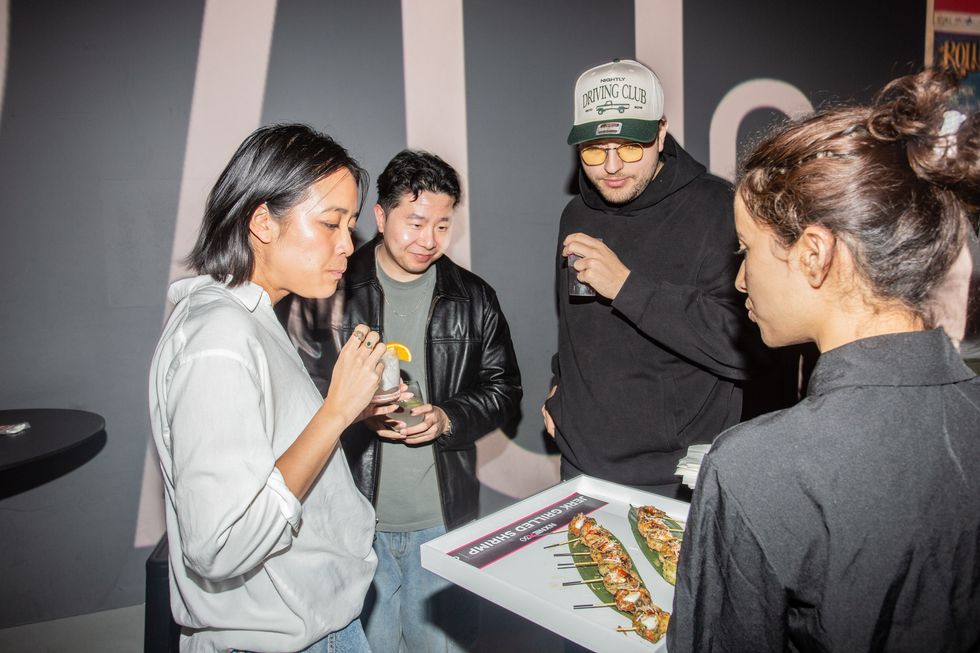 Catering Presented By The Food DudesPhoto by Snapdrg0n
Catering Presented By The Food DudesPhoto by Snapdrg0n
 Photographer: Raphaëlle Sohier / Executive production: Elizabeth Crisante & Amanda Dorenberg / Design: Alex Filipas / Post-production: Bryan Egan/ Headpiece: Tristan Réhel
Photographer: Raphaëlle Sohier / Executive production: Elizabeth Crisante & Amanda Dorenberg / Design: Alex Filipas / Post-production: Bryan Egan/ Headpiece: Tristan Réhel Photo: Raphaëlle Sohier
Photo: Raphaëlle Sohier Photo: Raphaëlle Sohier/ Photo production: Bryan Egan/ Blazer:
Photo: Raphaëlle Sohier/ Photo production: Bryan Egan/ Blazer:  Photo: Raphaëlle Sohier/ Blazer: Vivienne Westwood/ Skirt :
Photo: Raphaëlle Sohier/ Blazer: Vivienne Westwood/ Skirt : 

